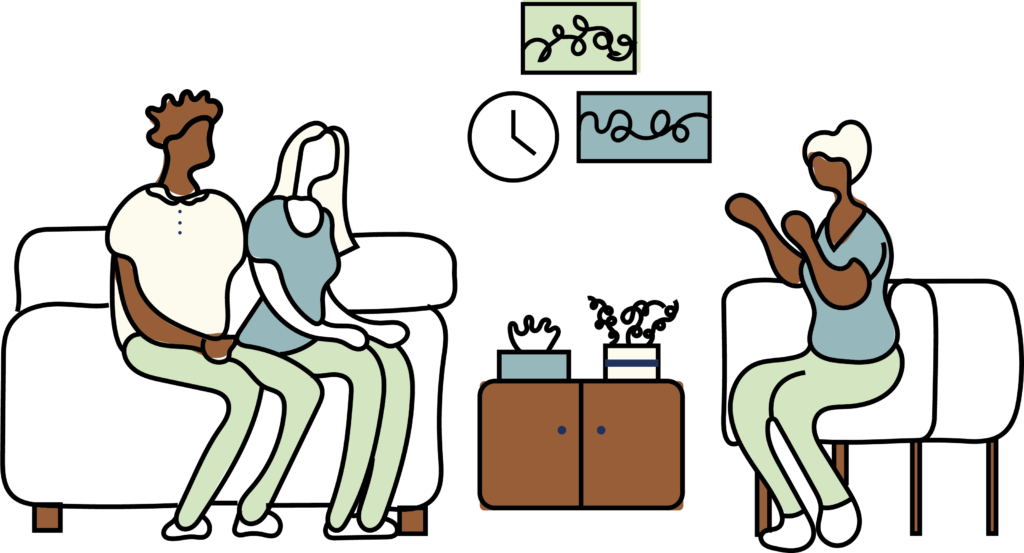A Q&A with Schliqua Thompson, LPC
Q: I’ve been struggling with the isolation of social distancing and the recent stay-at-home order from the governor. What can I do when I feel isolated or lonely?
A: Remember that the opposite of isolation is connection. You can use texting, telephone calls and video calls to connect with friends and family. In addition there are multiple social media platforms that have features which allow groups of people to connect virtually in order to complete activities. You could check to see if any of your local social groups, clubs, or churches are offering services and activities online and connect in that way as well.
Q: Feeling stuck in the house with my partner/family/roommates is difficult. What can we do to ease the tensions?
A: It is common to feel tension in a situation such as this. Be sure to talk to your partner/family/roommates about the difficulties you are experiencing. Then try to work together to find strategies to address the problems. Would developing ground rules about how to share the space in the home be helpful? Would a schedule for cooking, cleaning, or caring for children or pets work for you all? Is there an area of the home that could be a designated ‘quiet space’ for uninterrupted relaxation? Would it be helpful to have designated quiet times in the home? Work with your partner/family/roommates to come up with the solution that best works for everyone.
Q: There’s a lot of news right now that is overwhelming and scary. How can I deal with my anxiety and worry?
A: One important thing to focus on is limiting the consumption of news during this time, particularly if watching the news increases stress, anxiety and worry. Instead, try to do something you enjoy to occupy your time. I would encourage you to eat regular meals, get adequate sleep, take all medications as prescribed, and to limit consumption of drugs or alcohol. Regular exercise has positive effects on the ability to manage anxiety and worry. You could also try deep breathing, guided meditation or spiritual practices.
Q: What are some ways I can take care of my mental health during this time?
A: I would recommend taking some time each day to process your feelings. This could be done through reflection, journaling, prayer, or talking to a supportive loved one. Taking care of your physical health by getting adequate sleep, eating healthily and exercise will provide mental health benefits as well. If you are already in mental health treatment it is important to continue this treatment during this time.
Q: I have a friend who seems to be struggling right now. How can I help?
A: I would suggest reaching out to your friend and offering them a listening ear. Try to be supportive and encouraging while listening in a nonjudgmental manner. Remember that everyone reacts to changes differently and there is no wrong way to process this change. It may be helpful to encourage them to focus on taking things one day at a time. It may be also helpful to refer your friend to additional resources for coping and taking care of their emotional health.
 Schliqua Thompson is a licensed professional counselor and CrossOver’s counseling coordinator. Schliqua has provided mental and behavioral healthcare at CrossOver for over seven and a half years. Thanks to Schliqua for offering her expertise for this article.
Schliqua Thompson is a licensed professional counselor and CrossOver’s counseling coordinator. Schliqua has provided mental and behavioral healthcare at CrossOver for over seven and a half years. Thanks to Schliqua for offering her expertise for this article.
CrossOver is continuing to care for our patients’ mental health during the COVID-19 pandemic through telehealth appointments. We have also developed a system for calling and checking on our patients, giving particular attention to those who are high-risk or have mental health concerns including anxiety or depression. It’s important to us that our patients know we’re here for them in this stressful time.

